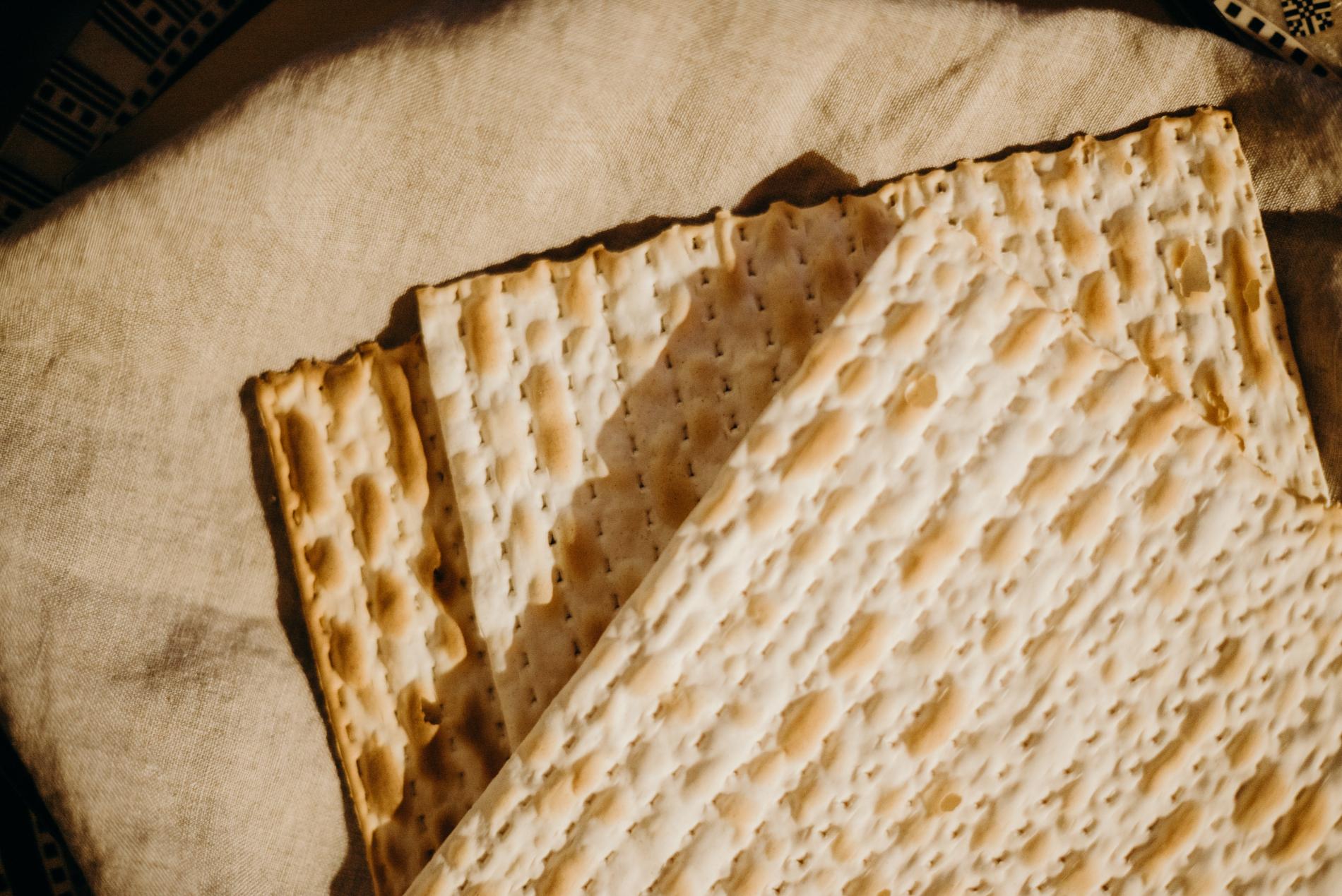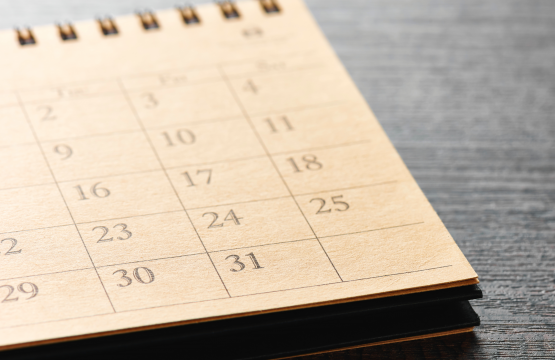The Book of Leviticus summarizes the biblical Holy Days, in Chapter 23. These are appointments with God that Messiah Yeshua (Jesus) observed during His life and ministry, and Jewish people still celebrate them today. In Hebrew, the Spring Feasts are Pesach and Matzot, Bikkurim and Shavuot. In English, they’re called Passover and the Feast of Unleavened Bread, the Feast of Firstfruits, and the Feast of Weeks.
For thousands of years, the Jewish people have marked time by the celebration of these Feasts. It might surprise you to hear that non-Jewish Believers have been celebrating these Feasts for thousands of years too. Today, the Church knows these holy days as Good Friday, Resurrection Sunday (or Easter) and Pentecost. And they correspond directly to when Messiah Yeshua died, rose from the dead, and when God gave us the Holy Spirit.
This correlation is not a mistake or a coincidence. God ordained these days so that we would pay attention to His rhythm, His plan and His timing. Yeshua’s sacrifice on Passover, His resurrection on Firstfruits, and the outpouring of the Holy Spirit on Pentecost each have deep and meaningful symbolism.
Most Believers understand that Jesus is the Lamb who was sacrificed for us on Passover. The Feast of Passover is the opening event of the week-long Feast of Unleavened Bread. During this celebration of our redemption described in the book of Exodus, we separate these days from the rest of the year by eating unleavened bread.
Whether it’s homemade or out of a box, matzah can be a challenging item to integrate into your life. Especially because in celebrating Messiah’s sacrificial death during the Feast of Unleavened Bread, we celebrate the fact that He is risen! How about that! Resurrection Day – even when celebrated under the banner of Easter – is all about the risen Messiah. Yeshua is called the “Bread of Life” (John 6:35), the living Word of ADONAI (John 1:1) concealed in humanity and revealed as the Son of God in the resurrection. He is the ONLY reason to celebrate. He rose! So, during the Feast of Unleavened Bread, even all the bread around us bows to His Lordship in our lives. Eating matzah for a whole week is all about remembering the value of “risen.”
Jewish children mainly celebrate Passover at home and are taught at synagogue that the Lord gave the Ten Commandments to Moses on Pentecost. Interesting, right? Well, here is the bigger story. Messiah Yeshua, the ‘seed of the woman’ prophesied in Genesis 3:15, died on Passover, and He rose from the dead on the Feast of Firstfruits. Jesus was the firstfruits of the risen (1 Corinthians 15:20). Fifty days later on Shavuot/Pentecost, after His ascension, the Holy Spirit filled His followers in the Temple with the fullness of God. The disciples knew to count on Him to fill full the prophecies of His deity just as they counted the days to Shavuot as God commanded for the Counting of the Omer (Leviticus 23:15–16). An awesome revelation
But wait, there is more – a lot more!
I’ve thought about how cool it is of God that Passover is the beginning of the biblical year. Passover and eating yeast-free bread for a week at the first of the year reminds us that we are at the BEGINNING of life again – a new season of freedom in walking with God.
When God told Moses to observe Passover, He not only said “This month will mark the beginning of months for you” but He also called it the month of Aviv. Aviv is also called Nisan (Exodus 12:2, Exodus 13:4, Esther 3:7).
From the time of Passover, Jewish people count seven weeks of seven days as the barley harvest leads to the celebration of Shavuot (aka Pentecost). Many Christians understand the idea of counting days in anticipation of the arrival of a miracle – like in the season of Advent before Christmas Day. But the Feast of Weeks is biblical, and Jewish people are commanded to celebrate the fullness of the barley harvest by bringing a special offering of the AVIV to God. When God gave the Children of Israel their freedom, they became AVIV – full yet green, standing yet fragile, hoping yet doubtful.
Miracles do that to you. God-events leave you awed and weak in the knees. They always should. When the Children of Israel left Egypt, they were like the barley in the month of Aviv, full but hopelessly fragile heads of grain dependent on God to continue living and become ready for use.
Oh, how we need to be reminded that we are all God’s children, and we are all growing to fullness through each season and across every generation. So, count the Omer, and remember that life is better when God is growing you – and He has the power of potential packed inside you! Enjoy who you are: so very blessed to be free to love your Creator.
Is it possible that celebrating a week of eating unleavened bread is about remembering we are called to walk with God day-by-day? I love this time of year because it reminds me that we always need daily manna from heaven on life’s journey following Messiah back home to Our Father.
Please take these days to remember that God’s plan includes resurrecting our lives daily – with each sunrise! Yeshua is RISEN, and we will RISE along with Him at the final shofar blast in the New Jerusalem, too!
This season is a chance for you to reset your life, to reboot yourself and open your heart to new ways of doing things – including letting Yeshua be both Savior and LORD! Remember, unless a seed falls to the ground and dies (John 20:24) and our Creator gives light and water to resurrect the seed, the harvest would never come. Give Him glory! Halleluyah!






